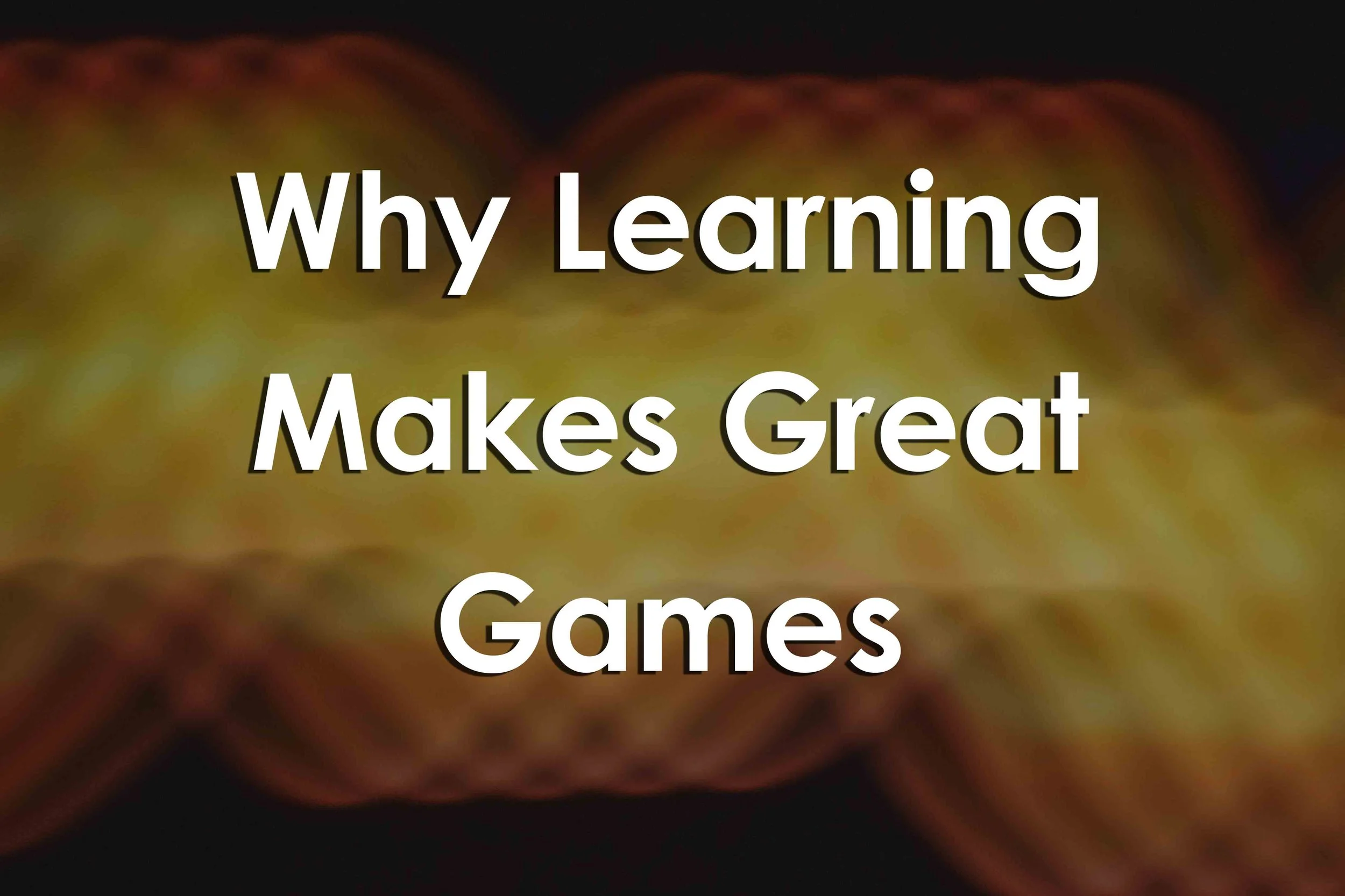Why Learning Makes Great Games
Why Learning Makes Great Games
Why Learning Makes Great Games
March 11 ,2022
By Sarah Le-Fevre
Summary
In the world of games-based learning and gamification, we frequently see research on the efficacy of using games in learning applications, or articles and posts extolling the virtues of this approach.
The ability to fail quickly, get timely feedback and experiment with different approaches until you get it right, are, after all, characteristics of games which makes them so suitable for learning.
Instead of thinking that well-designed games are great for implementing learning, we should rather be thinking that well-designed learning is a great way to make compelling games.
In the face of these objections, we redouble our efforts to explain 'Why' - what it is that makes games so great for learning, and why it's worth the extra time and expense.
Learning is not going to happen if learners don't engage with the learning you have designed.
Remember as you read this that the learning is not the point, so we have no need to use 'related' learning activities, in just the same way that if you were using games to create learning experiences, you wouldn't feel compelled to make all your gameful activities the same.
If we accept that games and learning are one and the same thing, we can start to approach how we think about the learning outcomes we are designing to, very differently.
Reference
Le-Fevre, S. (2022, March 11). Why learning makes great games. Retrieved March 25, 2022, from https://ludogogy.co.uk/why-learning-makes-great-games/


